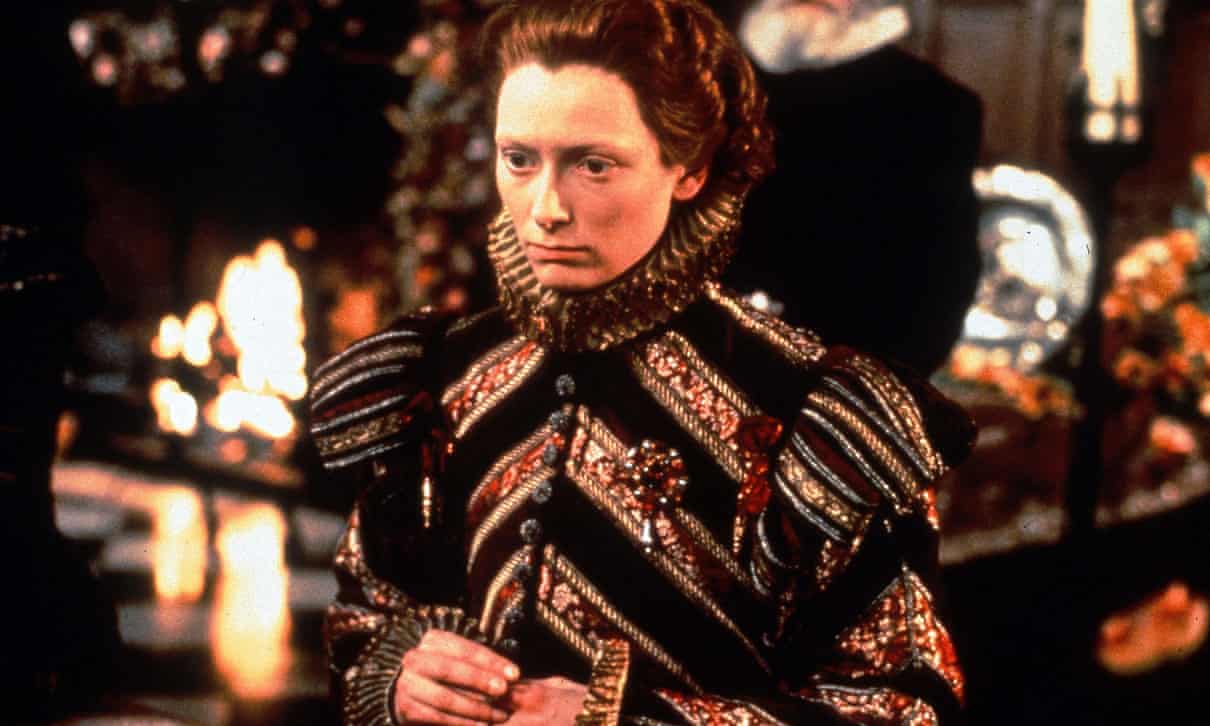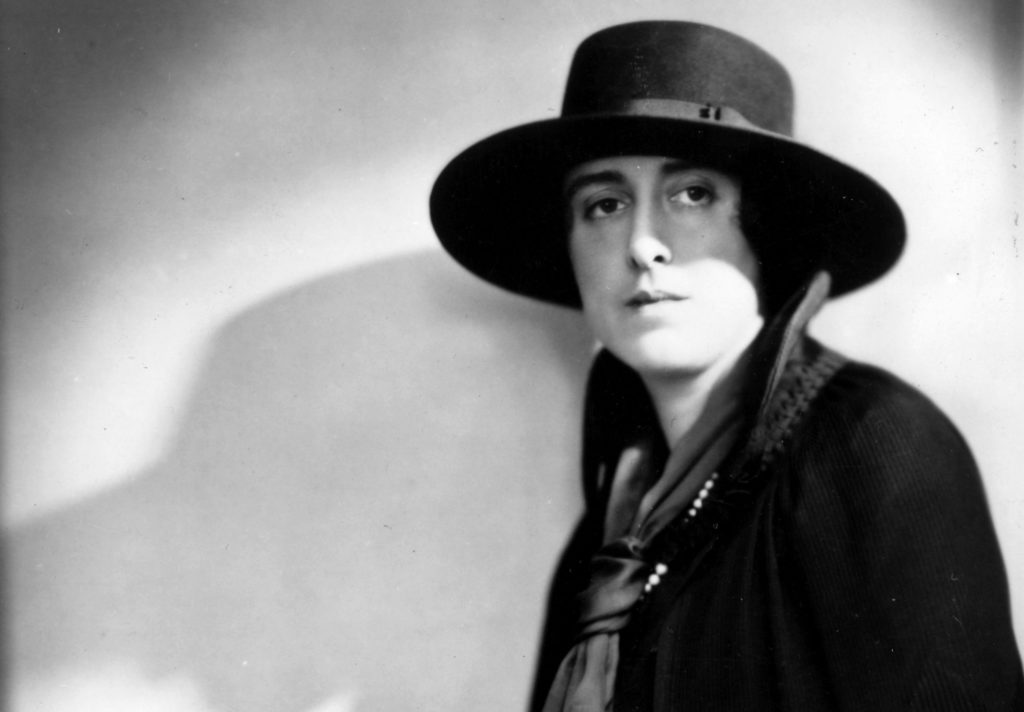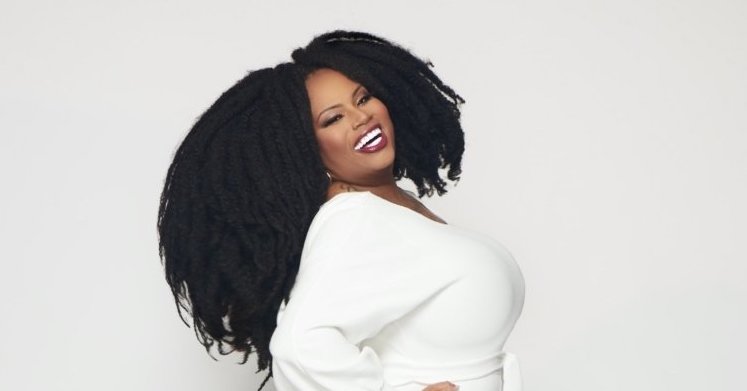MAYA WILSON AUTZEN considers what the unconventional women in Virginia Woolf’s novels and essays can teach us about contemporary issues of gender and sexuality.
Reading and rereading Woolf simultaneously invigorates and confuses me. I find an affirmation of humanity’s open and accepting nature in Woolf’s blasé attitude towards sexuality and gender, and yet I find it bewildering that more than a century later, this attitude remains a controversial and frequent subject of debate.
Woolf’s novel Orlando begins with the protagonist as a young man and ends with Orlando as a middle-aged woman. Orlando’s transition from male to female is effortless and understated; Woolf’s tone is almost indifferent. She highlights to her readers how exaggerated the significance of gender is in 20th century Britain, with its impacts being determined entirely by societal prejudices. In fact, in Orlando, gender has little to do with identity:
We may take advantage of this pause in the narrative… in every other respect, Orlando remained precisely as he had been. The change of sex, although it altered their future, did nothing whatever to alter their identity.

Woolf’s reflections resonate with contemporary conversations surrounding gender binaries provoked by fourth-wave feminist thought. If Woolf, along with many of her Bloomsbury counterparts, was able to conceive ideas of sex changes, cross dressing and changing pronouns in 1928, how is it still such a struggle for so many today? In her texts, Woolf’s women strive to dismantle and confuse gender boundaries; for Woolf, sexuality is a spectrum (as opposed to a binary), and Sapphic tendencies are notable in both her work and personal life.

Orlando’s vacillation between the genders disrupts the idea that one is essentially the sex they are assigned at birth. Mrs Dalloway’s Clarissa presents an unstable state of sexuality and gender, whilst in A Room of One’s Own Woolf challenges the concept of female relationships in literature in which women are pitted against each other as jealous rivals. She unashamedly and explicitly legitimises female friendships and relationships:
Then may I tell you that the very next words I read were these – ‘Chloe liked Olivia…’ Do not start. Do not blush. Let us admit in the privacy of our own society that these things sometimes happen. Sometimes women do like women.
Both Woolf’s fiction and polemics are brazen and poetic in equal measure, defying early 20th century social and literary standards. Nearly one hundred years later, it seems in many cases liberal attitudes are regressing, especially when high-profile transphobic voices are compared to Woolf’s progressive portrayal of gender identity. J. K. Rowling’s recent, controversial tweets once more bring into question the definition of woman. The tweets incited a media storm and received huge backlash, and they appear to me the opposite of Woolf’s attitude:
‘People who menstruate.’ I’m sure there used to be a word for those people. Someone help me out. Wumben? Wimpund? Woomud?
The word ‘woman’ does not need defining. Despite being a cis-gendered woman, which would seem to make me a ‘real’ woman in the eyes of Rowling, I have not had a period in years – does this make me less of a woman? I do not feel my femininity is fashioned by my menstrual cycle. What about infertile or post-menopausal women, women who have had hysterectomies and countless other factors; the term woman is not defined by menstruation. Throughout Orlando, the protagonist challenges gender identification, relishing androgynous clothing and noting how one’s gendered appearance does not necessarily align with one’s sex. Anticipating the work of Judith Butler, Woolf presents gender as a performance, allowing her characters autonomy in their sexuality and gender. Orlando’s change from male to female does not undo her past experiences or relationships, or affect others in her life, an attitude Rowling does not seem to echo. Her tweets continued, ‘my life has been shaped by being female’. I do not believe anyone is attempting to reduce female experiences by wishing to be recognised as a woman. But to ignore the very real experiences of trans people is ignorant and transphobic.
Trans people experience greater risks of violence and crime than their cis-gendered counterparts, and countless have lived with gender dysphoria their whole lives. American trans journalist and activist Ashlee Preston recently said in an interview with Glamour magazine,
I laid in my bed in tears last night. The estimated life expectancy of a Black trans woman is only 35 years old. I’m 36 today. I’m more than a statistic, and so are my sisters. Every day we fight for racial and gender justice, is another day we stand the chance of beating the odds.
This is a reality for so many in the trans community. The fear and injustices they are forced to live with should not be undermined by the likes of J. K. Rowling’s outdated insistence that you are not a woman if you were not born female. Since when did the prejudices and fears we face have to force us apart, as if we are competing against one another? Activism does not exist for us to compete against those with different experiences from our own. Trans women calling themselves women does not reduce from my own experiences as a woman.

Orlando highlights the fact that gender has been socially constructed, and is, in fact, of little consequence to narrative. If we waste time attempting to decipher, assign and define gender, then we have misunderstood the entirety of the novel. Woolf’s legacy provides a rebellious and audacious attitude towards sexuality and gender, one that I wish was more prevalent today than it currently is.
Woolf’s women inspire and captivate, challenge and motivate, simultaneously interrupting the canon and socially enforced gender codes. Her characters and personas confront exactly what it means to be a woman and the multitude of experiences this seemingly loaded word encompasses.
Featured image source: theoldie.co.uk





